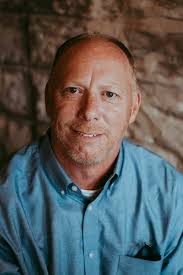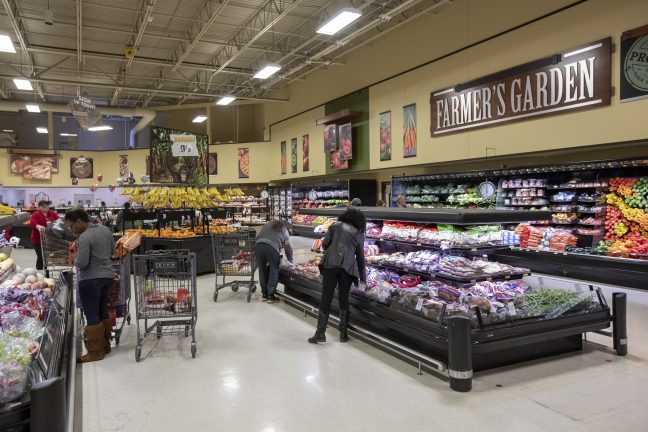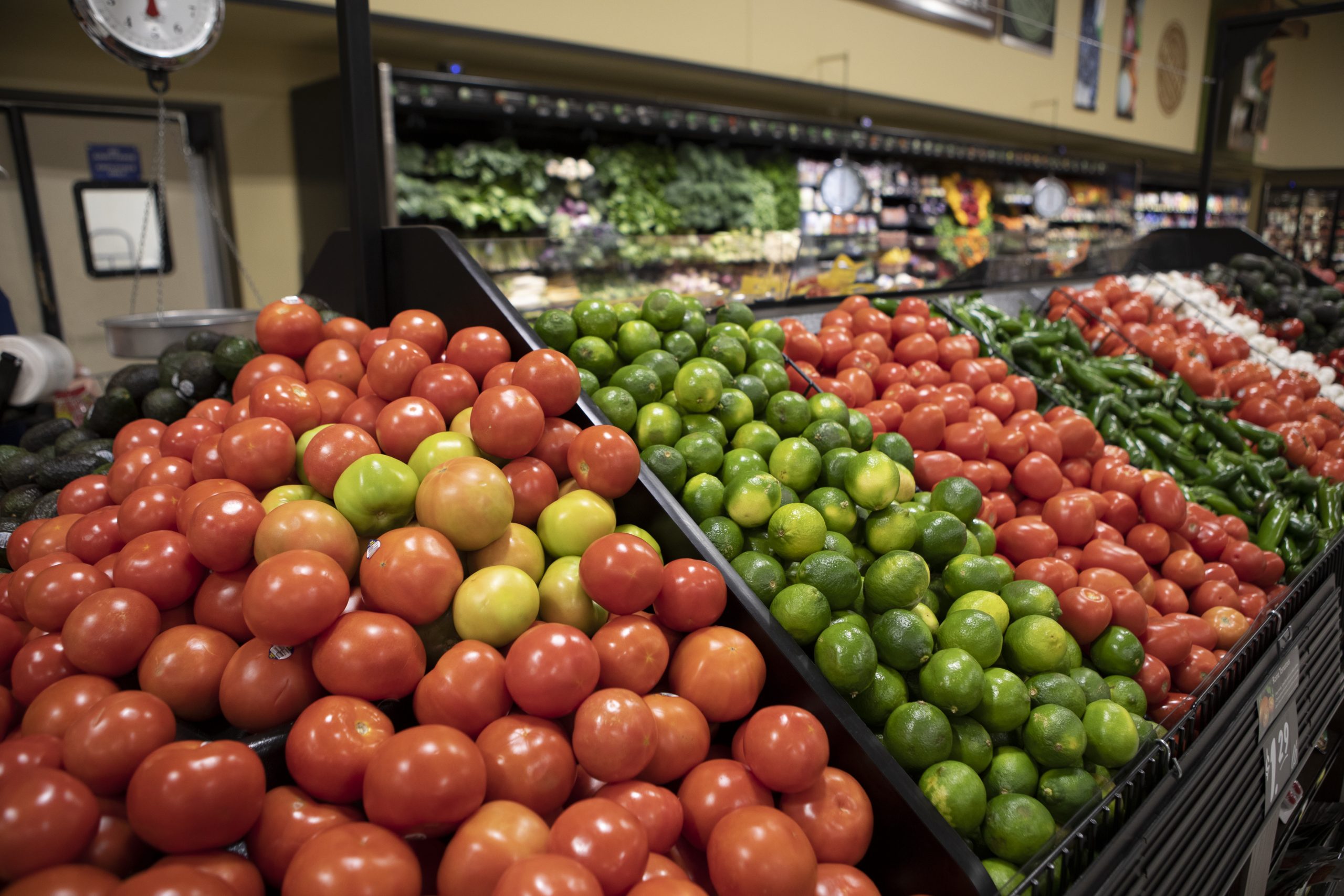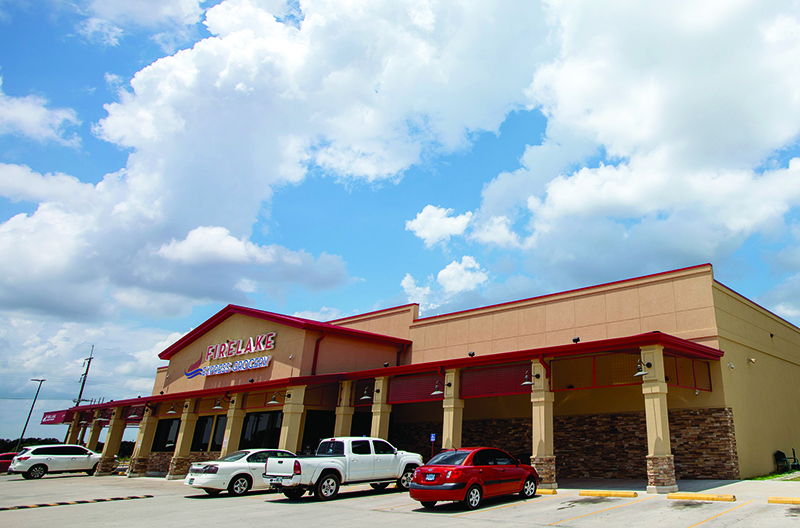FireLake Foods, headquartered in Shawnee, Oklahoma, is the largest grocery store in the U.S. that is owned by a Native American tribe, according to Richard Driskell, director of retail.
Citizen Potawatomi Nation opened the 84,000-square-foot store in 2001 on tribal land in Shawnee.

The tribe now owns three grocery stores, two convenience stores and four smoke shops.
CPN also owns casinos, banks, a golf course, ball fields, bowling alley and RV festival grounds where it hosts an annual large hot air balloon festival in August.
The grocery stores – the other two are in McLoud and Tecumseh – are open to the general public. The McLoud store, at 35,000 square feet, opened in 2016, and the Tecumseh store is the smallest at 11,000 square feet. Both locations are operated as FireLake Express stores.
“We’re looking at the possibility of opening a couple more stores in the next few years, and they will be on tribal land,” Driskell said.
Like many other grocery stores across the nation, labor concerns are a big issue for FireLake Foods.
“That’s probably one of our bigger challenges, especially in the service departments, in particular the meat department,” Driskell said. “We still have butchers. We cut meat on site at each one of our locations, and it gets harder every year to find people that are experienced in that field. We have to pretty much bring them up within the stores and train them.”
Staffing also has been difficult for foodservice areas such as deli and bakery, he said, especially since the COVID-19 pandemic.

Employee pay also has become more of a challenge, according to Driskell.
“We’ve raised our wages considerably since COVID,” he said. “We’re still battling the restaurants and other big box stores on wages, paying people higher wages, and still keeping competitive pricing.”
Remaining competitive on prices also is hampered by the unlevel playing field in the supply chain.
“Another big challenge is just the ability for us to buy as well as the big box stores,” Driskell said. “Our cost of goods is generally higher, even though we do a tremendous amount of volume. Compared to Walmart and the big box stores, they seem to get a much better pricing structure for cost of goods … than what we do right now.”
He went on to note that FireLake Foods has had conversations with NGA and its wholesaler, Affiliated Foods, on the issue. “We appreciate the grassroots effort … to try to get that [Robinson-Patman Act] enforced by the government.”
Inflation also has affected the retailer. Sales are up but case count is down.
“Obviously, people only have so much money. The prices of products have gone up, and they just can’t buy as much,” Driskell said.
While many grocers are experiencing an increase in theft, FireLake Foods has not seen much organized retail crime, Driskell said. As a Native American tribe, CPN’s tribal police patrol the company’s stores.
“I think that’s probably been a good deterrent for us. That’s not to say that we don’t have shoplifting. We continually find and catch people shoplifting our stores, probably weekly,” he said.
Family, culture make a difference
While FireLake stores look the same as traditional grocery stores, Driskell said the difference is the sense of family and culture and a strong commitment to community.
“We are probably one of the largest donators in Potawatomie County, where we’re located, with a lot of the schools, the civic groups, the not for profits,” he said.
The company makes weekly food donations to the Salvation Army and, once a month, employees provide dinner for the nonprofit’s staff. FireLake Foods also supports the local Kiwanis Club with its annual pancake fundraiser and the Salvation Army’s annual spaghetti dinner fundraiser. It also is “heavily involved” with giving school supplies to teachers, along with helping schools in general and backing local ball teams, Driskell said.

“That is probably the one thing that you would probably notice different with us, that we are heavily involved in donating and our staff is involved with helping the public,” he said. “Most independents do that, but I think we even do it more. I came from an independent before I came here, and I think we do it more than probably most independents on how well you are involved with the community.”
Driskell’s grocery career began in 1986, sacking groceries for Pratt Foods, an independent retailer in Oklahoma. He worked for the seven-store chain for about 10 years, moving up through the ranks to store manager and then buyer.
Driskell left in 1996 to pursue a career as a financial advisor before discovering that path wasn’t for him. In 2000, he began working for CPN and helped build the original FireLake Foods store. He was named director of retail sales in 2003.
What Driskell enjoys most about being an independent grocer is the community involvement. The company’s FireLake Gives Back program features billboards and videos highlighting its donations and volunteerism.
“We realize that the community is who makes our success, so we like to give back like that,” he said.
Driskell also appreciates the ability to react to change quickly as an independent, which many big-box stores are unable to do.
“We have the administration and backing to react quickly to pretty much anything that comes our way. We don’t have to go through a lot of red tape,” he said. “We just want to be a very good community partner and give back to the communities that we’re in.”
Read more market profiles from The Shelby Report.


